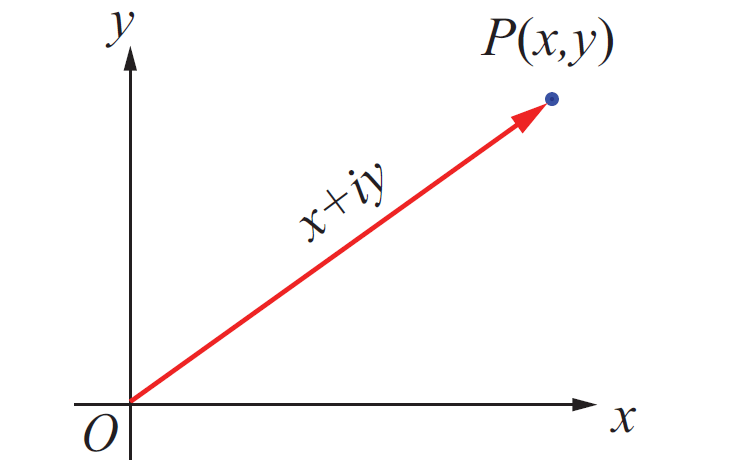DIVIDING INTEGERS WORKSHEET
Problem 1 :
Divide :
24 ÷ (-3)
Problem 2 :
Divide :
-6 ÷ (-2)
Problem 3 :
Divide :
0 ÷ (-2)
Problem 4 :
Divide :
3 ÷ 0
Problem 5 :
Divide :
8 ÷ 4
Problem 6 :
When a father divides $32 to his four children equally, how much money will each child get?

Answers
1. Answer :
24 ÷ (-3)
Step 1 :
Determine the sign of the quotient.
24 is positive and -3 is negative. Since the numbers have opposite signs, the quotient will be negative.
Step 2 :
Divide.
24 ÷ (-3) = -8
2. Answer :
-6 ÷ (-2)
Step 1 :
Determine the sign of the quotient.
-6 is negative and -2 is negative. Since the numbers have the same sign, the quotient will be positive.
Step 2 :
Divide.
-6 ÷ (-2) = 3
3. Answer :
0 ÷ (-2)
Step 1 :
Determine the sign of the quotient.
The dividend is 0 and the divisor is not 0. So, the quotient is 0.
Step 2 :
Divide.
0 ÷ (-2) = 0
4. Answer :
3 ÷ 0
Solution :
The dividend is 3 and the divisor is 0.
Dividing any number by 0 is not possible, so we say that division by 0 is undefined.
So,
3 ÷ 0 = Undefined
5. Answer :
8 ÷ 4
Step 1 :
Determine the sign of the quotient.
8 is positive and 4 is positive. Since the numbers have the same sign, the quotient will be positive.
Step 2 :
Divide.
8 ÷ 4 = 2
6. Answer :
To know how much money that each child gets, we have to divide 32 by 4 and find the quotient.
That is, we have to find answer for 32 ÷ 4.
Step 1 :
Determine the sign of the quotient.
32 is positive and 4 is positive. Since the numbers have the same sign, the quotient will be positive.
Step 2 :
Divide.
32 ÷ 4 = 8
So, each child will get $8.
Kindly mail your feedback to v4formath@gmail.com
We always appreciate your feedback.
©All rights reserved. onlinemath4all.com
Recent Articles
-
De Moivre's Theorem and Its Applications
Apr 19, 24 08:30 AM
De Moivre's Theorem and Its Applications -
First Fundamental Theorem of Calculus - Part 1
Apr 17, 24 11:27 PM
First Fundamental Theorem of Calculus - Part 1 -
Polar Form of a Complex Number
Apr 16, 24 09:28 AM
Polar Form of a Complex Number
